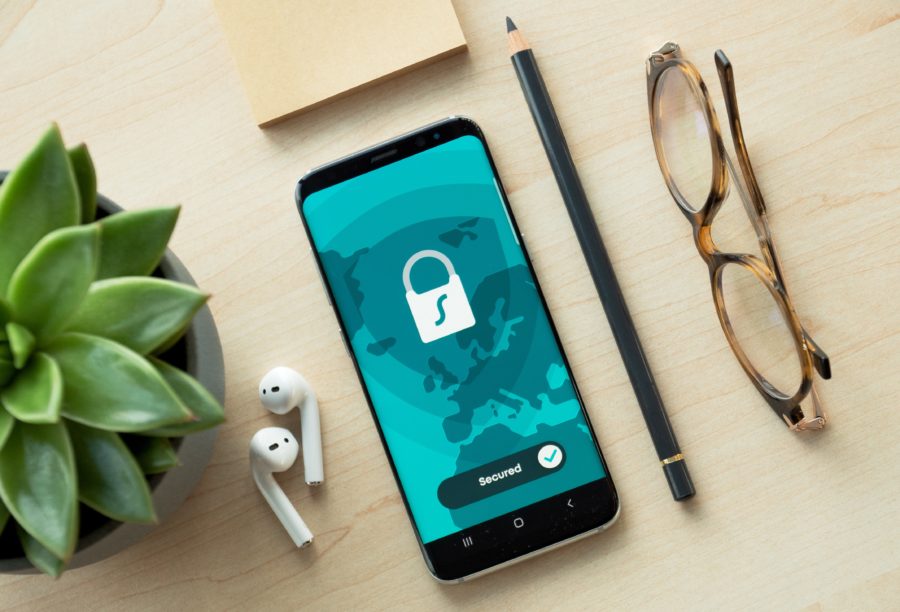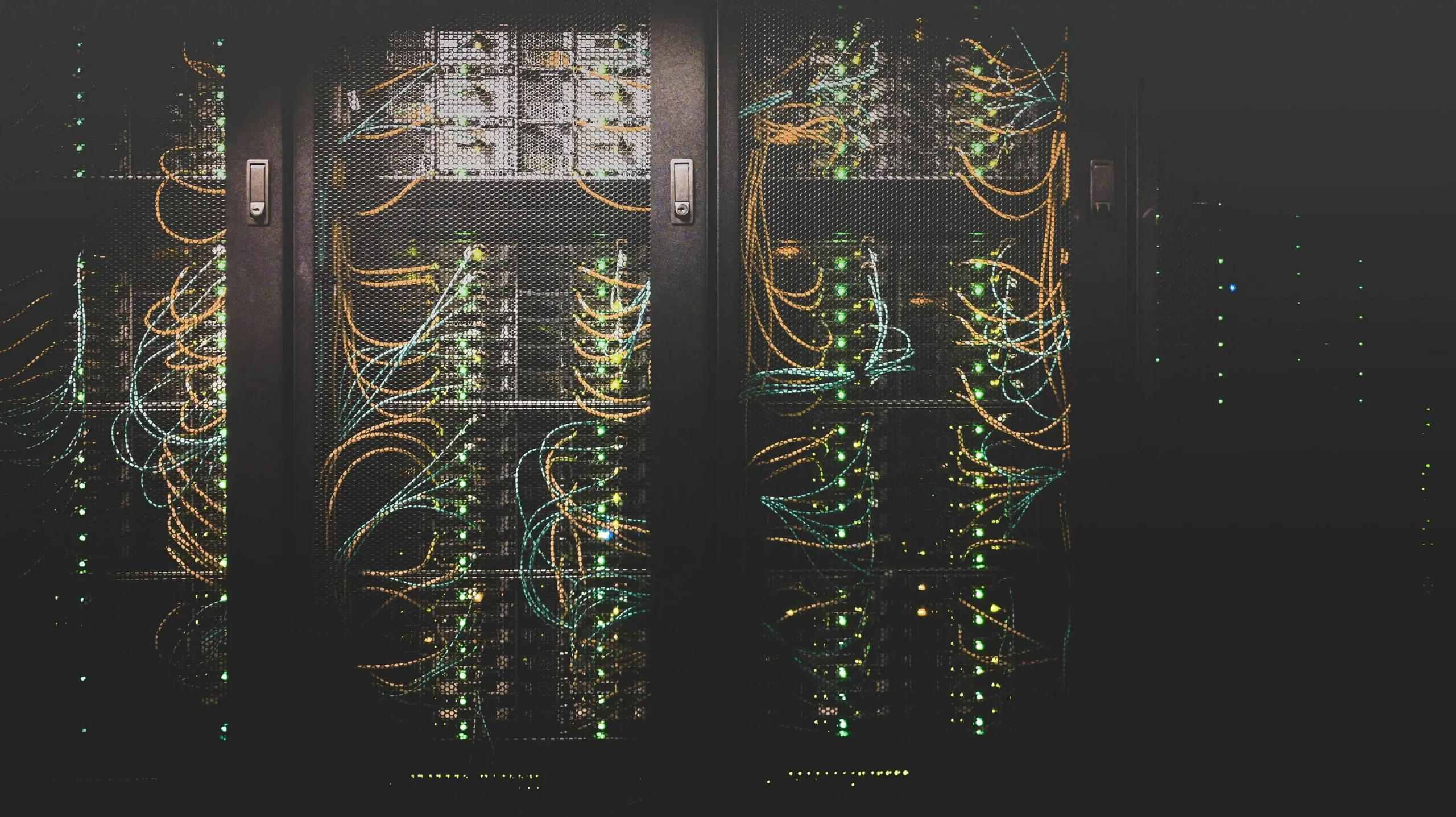
Estimated reading time: 10 minutes
In the modern business landscape, building a strong reputation is crucial for both small and large enterprises. To distinguish your brand from competitors, it’s important to offer something unique and earn the trust of your customers. One key factor in gaining that trust is the cybersecurity of your brand. So why is cybersecurity important for brand reputation? By ensuring that your customer and business data is secure, you can prevent critical information from falling into the wrong hands.
The relationship between cybersecurity and brand reputation is closely intertwined. In today’s digital age, a company’s ability to safeguard its customers’ sensitive information from cyber threats has a significant impact on its reputation. By prioritizing cybersecurity, your brand can demonstrate a commitment to protecting customer data and building a strong, trustworthy reputation.
Related Links
The Dangers Of Data Breaches

In today’s digital age, protecting against data breaches is critical for businesses. A data breach occurs when confidential information is leaked or accessed without authorization. As a result, you may have a loss of integrity, availability, and most importantly, confidentiality for customers.
The consequences of a data breach can be devastating for a company. It creates financial losses and damages to its reputation. Consequently, recovering from a breach can take years, as customers may lose trust in the brand. On the other hand, companies with strong cybersecurity programs can protect customer data and enhance their reputation, building trust and loyalty with customers.
As cloud services become more common, data breaches are increasingly frequent and can cause significant damage to a brand. Companies are prioritizing cybersecurity to defend against these internet threats and protect sensitive data. By investing in cybersecurity, companies can demonstrate their commitment to safeguarding customer data and building a reputation as a trustworthy and reliable organization, ultimately leading to increased customer loyalty and revenue.
The Menace Of Cyber Criminals
The virtual world is replete with actors whose intentions are far from benign.
Cybercriminals are individuals or groups who engage in unlawful activities in the digital realm.
They target websites for various reasons, ranging from data theft to causing intentional disruption.
Understanding their modus operandi is crucial for establishing effective security measures.
By underestimating the sophistication of cybercriminals, website owners risk exposing sensitive data and ruining their brand reputation.
How Cyber Criminals Operate
Contrary to popular belief, cybercriminals are not just isolated hackers working out of their basements.
They often operate in organized networks and use advanced techniques to infiltrate websites. Methods like SQL injection, cross-site scripting, and ransomware attacks are among their favorite tools.
They may also deploy bots to exploit vulnerabilities, scrape content, and carry out DDoS (Distributed Denial of Service) attacks, crippling your website’s functionality.
Understanding the strategies used by these criminals is the first step toward safeguarding your website.
Types Of Cyber Attacks
Beyond the methods used by cybercriminals, it’s important to understand the different kinds of attacks they may employ.
Phishing attacks, for example, deceive users into revealing personal information, often through counterfeit websites.
Man-in-the-middle attacks intercept and alter communications between two parties without their knowledge.
Knowing these kinds of attacks can help you implement the appropriate security solutions like firewalls, encryption, and secure coding practices.
The Financial And Reputational Cost
The damage caused by cyber criminals is not limited to immediate financial loss. The aftermath of a cyber attack can have enduring repercussions for your brand’s reputation.
Customers lose faith in brands that fail to protect their data. Furthermore, regulatory bodies may impose hefty fines for failure to adhere to data protection laws.
In the long run, the cost of a cyber attack can be catastrophic for businesses, particularly smaller ones with limited resources to recover from such setbacks.
Ransomware
Protecting customer data is essential for brands. Customers want the assurance that their data is secure and companies have a responsibility to provide it. One of the most dangerous and prevalent internet threats today is ransomware. This is a type of malware that infects a computer system and encrypts the victim’s files, making them inaccessible until a ransom is paid to the attacker.
Ransomware can cause significant damage to individuals, businesses, and organizations alike. In addition to the financial cost of paying the ransom, there is the risk of reputational damage and loss of customer trust. It’s crucial for companies to take proactive steps to protect against ransomware attacks. This includes implementing strong cybersecurity measures and regularly backing up data.
By prioritizing cybersecurity and taking proactive steps to protect against ransomware, brands can demonstrate their commitment to safeguarding customer data and build a reputation as a trustworthy and reliable organization. This, in turn, can lead to increased customer loyalty and revenue.
How Ransomware Works
Ransomware attacks can be initiated through various means. These include phishing emails, infected websites, or vulnerabilities in software and operating systems. Once the ransomware infects a system, it can spread throughout a network, encrypting all files it can access, including backups, rendering them unusable.
The virus gets into your mobile, PC, server, etc., and locks all your files so that they can demand a ransom via message for the unlocking. Ransomware attackers are looking for weaknesses in companies. To them, it is not important whether are you a small or big company. Smaller companies have weaker passwords than bigger ones, so do not think that you have a small company that would not be attacked.
Victims of ransomware attacks face a difficult choice: pay the ransom and hope that the attacker will provide the decryption key to restore access to their files, or refuse to pay and risk losing all their data.
How To Protect Against Ransomware
To protect against ransomware attacks, it is essential to have strong cyber security measures in place. This includes keeping the software and operating systems up to date, implementing firewalls, and regularly backing up important data to a secure location. In addition, it is crucial to educate employees on how to recognize and avoid phishing emails and other social engineering tactics that attackers use to gain access to a system. Considering using the best data center proxies can add an extra layer of security to your online activities, enhancing your protection against potential threats.
Ransomware is a serious internet threat that can cause significant harm to individuals, businesses, and organizations. It is essential to take proactive measures to protect against these attacks and to have a response plan in place.
Phishing

Email protection is particularly important. Most companies are using mailboxes as the main way of communicating. Their mailboxes are targeted by hackers because companies are saving all or most of the data on cloud servers. Hackers are usually using emails for phishing attacks. Phishing is a type of attack using malicious links in the email used to steal your data. The goal is for the recipient clicks on that link which lead you to the non–existent websites or the installation of malware.
On the other hand, companies that allow for third-party advertising on their site needs to be monitored. Some advertisers are using this as a phishing fraud. Clicking on adverts leads customers to the site which can steal their credentials. This kind of advertising can be destructive to a brand’s reputation.
Weak Passwords

We use passwords on daily bases, not only on our computers but on mobile phones, for our bank accounts, and for credit cards. Password is the first line of our protection. Weak passwords are passwords that are easy to guess or crack. The most common mistake for most people is putting their names, names of their close ones, or birthdays in a password. Also, they are using the same password both privately and in business which is a mistake. For a password, it is important to have a combination of letters and numbers and to make a password long enough. And as for the companies they need to have a password policy to strengthen their security. This should include measures and procedures that will be followed by employees.
To protect against weak passwords, it is essential to use strong, unique passwords for each account, and to use multi-factor authentication whenever possible. This means using a combination of something you know (a password) and something you have (a security token or mobile device) to verify your identity.
How To Prevent Cyber Attacks
Since companies nowadays use cloud-based systems, cyber-attacks are increasing. The protection of your organization before a breach is the best defense. The companies are more aware that they should use cyber security and they are taking outsourcing IT partners to protect their data. The IT sector should deactivate links in emails to prevent accidentally clicking on phishing attempts. Otherwise, it could lead to hackers using emails to get confidential and sensitive information, for spreading the viruses in the company network.
IT support partners can educate staff about employee communication best practices and provide security awareness training so that they can be aware of cyber threats. Security awareness training is an educational course whose purpose is to educate employees about internet threats and attacks, so they can recognize them. After this course, they will know how to send emails more safely and recognize spam mail, and internet threats. They will understand the importance of a strong password so they can protect themselves and the others around them.
Maintaining strong cybersecurity is important for a company’s reputation. Failing to have good security presents you as someone not to be trusted. The result of that is losing your customer. Among the financial loss, it can cost you your brand reputation. Forming a strategy for cyber security is one of the ways preventing. Your company, as a brand, must be focused on building trust, integrity, and availability. Marketing teams must work closely with IT security, reporting to them and up to date with the data they collect.
In summary, a company’s ability to maintain strong cybersecurity practices can have a direct impact on its brand reputation. Companies that prioritize cyber security can protect their customers’ sensitive information, build trust, and enhance their overall brand reputation.
Outsourcing Security To Experts
Companies specializing in cybersecurity offer a wealth of experience and expertise that can safeguard your website from potential risks.
These experts can conduct deep-level security audits, identify and fix vulnerabilities, and even manage security operations around the clock.
Training And Employee Awareness
It’s not enough to have strong security measures in place if your team is not aware of best practices.
Cybersecurity firms often provide training to educate your team on recognizing potential threats and adhering to secure procedures.
Long-Term Investment And Roi
Investing in professional security measures is not an expense but a long-term investment.
The return on investment becomes apparent when you consider the cost of potential data breaches, legal repercussions, and reputational damage.
A secure website not only protects your business but also builds trust among your customer base, serving as a competitive advantage in the marketplace.
Final Remarks
The importance of website security is monumental in the current digital age.
With cyber criminals using sophisticated methods to attack websites and the high costs associated with such breaches, no website owner can afford to neglect this crucial aspect.
Implementing strong authentication measures, encrypting data, and seeking professional assistance are all steps in the right direction for securing your website and safeguarding your future.
Contact Matchbox Design Group Today!
If your website could use a refresh or you’re looking to drive more traffic to your site, fill out the form below and we’ll contact you to learn more about your digital needs.

